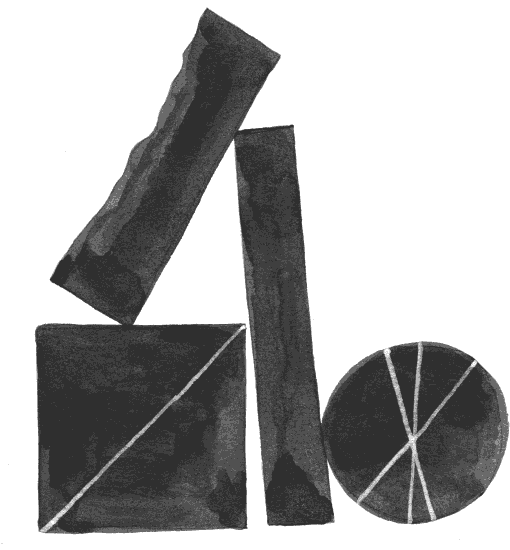
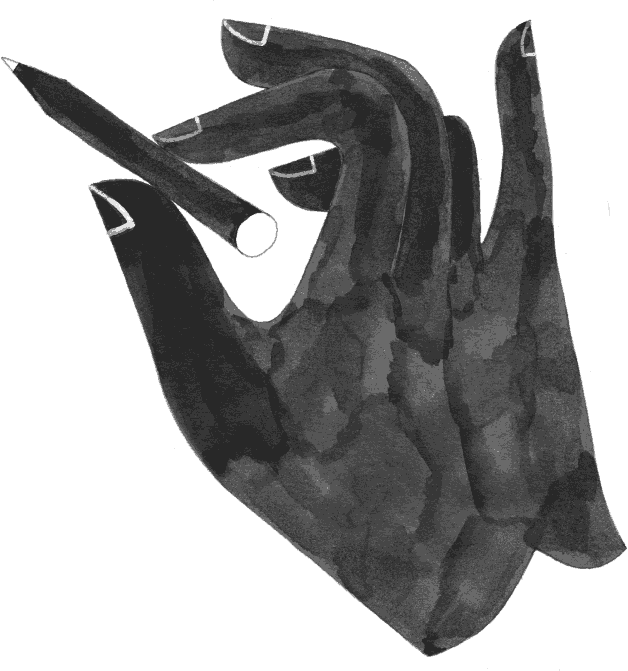
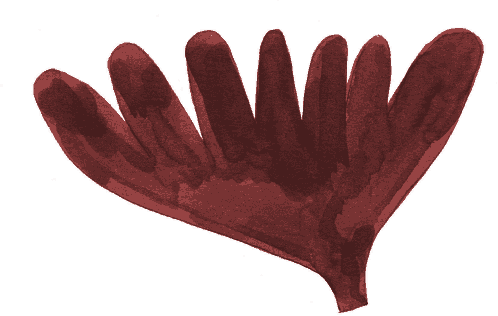
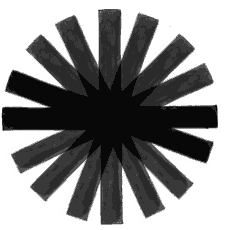




Index
- FRIDA’s grantmaking strategy
- FRIDA’s open call for proposals
- Who is part of the FRIDA peer Review process?
- Who gets the grant?
- Step 1 — Young feminist collective submit proposals
- Step 2 — Peer review panel reads applications!
- Step 3 — Young feminist collectives applicants read, comment, and vote
- Step 4 — Final decision and grantee announcement
FRIDA’S APPROACH TO SUPPORTING
YOUNG FEMINIST ORGANIZING
FRIDA’s grantmaking strategy
FRIDA | The Young Feminist Fund is co-created by feminist movements to provide flexible, multi-year financial support, capacity strengthening, and space for movement connections to young feminist collectives across regions6 Southwest Asia and North Africa Western, Eastern, Central, and Southern Africa, Central, Southeast and East Europe, Caucasus and Central and North Asia, South, Southeast, and East Asia and the Pacific, Latin America and the Caribbean, thematics, and strategies. FRIDA supports young feminist collectives to build solidarity networks across movements, exchange knowledge and practices and co-create advocacy initiatives. FRIDA applies participatory decision-making practices across the fund and all of its grantmaking. Not only are young feminist communities part of resource allocation decisions, but they also decide how FRIDA’s grantmaking process can best support the needs of the young feminist community.
FRIDA’s grantmaking strategy is created in conversation with young feminist organizers and mirrors the organizing needs and practices of young feminist movements. It includes all the ways in which FRIDA provides financial and nonfinancial support to young feminist organizers. This strategy allows us to be flexible, creative and reflective about new ways in which we can provide holistic support to young feminist movements7FRIDA funding criteria https://youngfeministfund.org/how-to-apply/. Feedback and analysis following every open call for applications informs this strategy, as well as our ongoing communication and reflection with grantee partners, advisors and the broader FRIDA community.
grants are up to 6000, and can also take part in an accompaniment program to seek or provide peer capacity strengthening support. After 5 years, or earlier if requested by the group, each grantee partner has access to a grantee transition program that offers transition grants and tailored capacity strengthening support. This program is intended to enable sustainable transition and growth to groups in the way they envision it, and to join the FRIDA alumni community.
FRIDA’s program team has a focal point structure where a staff member supports groups in their regions throughout their grantee journey with FRIDA. FRIDA is committed to creating a space where young feminist collectives can share their challenges, earnings and successes equally and receive holistic support. To cultivate and nourish trust-based relationships with young feminist organizers our strategies and decision-making processes need to be transparent and open for reflection, feedback and change of our approaches.
All FRIDA’s grantmaking is facilitated through a young feminist community decision-making process. Open Call for Proposals is the most complex process with applicants, grantee partners and young feminists from the Global Advisory Committee participating in this process. However, other types of grants have the conditions and needs for various community decision-making approaches.
OPEN CALL FOR APPLICATIONS PARTICIPATORY
GRANTMAKING MODEL
FRIDA's open call for proposals
FRIDA’s open call process is a cross-regional, cross-thematic, multilingual application process for young feminist organizers that involves multiple peers reviewing stages. In order to sustain FRIDA’s funding plus program and accompany the journey of each grantee partner, we invite young feminist collectives to apply in an open call for proposals every two years.
The time between cycles also allows the grantmaking team to reflect and incorporate all critical feedback, contextual analyses, and updated analyses on support for underrepresented groups. We take these reflections to the next grant cycle, regional work strategies, and across FRIDA’s organizational work. We discuss with the advisory committee the needs in each region, co-develop strategies that respond to these needs, and even recruit advisors in specific areas of work.
REGIONAL STRATEGIES are co-designed with each regional advisory committee and are a guiding lens to understand contexts, needs, gaps, opportunities, and challenges in all regions where FRIDA funds. This lays foundations for FRIDA’s regional and thematic outreach plan and ensures that FRIDA’s call for applications is both accessible and attuned to complexities.
OUTREACH PLANS are co-designed by staff and advisory committee members before each call for applications to ensure that we have tools in place to reach out to young feminist communities. From ongoing focused online communication in 7 languages to webinars and local events to learn about the application process, the many outreach tools we use ensure that we learn about the conditions of groups in different contexts and how they need to be supported in the application process.
Who is part of the FRIDA peer Review process?
FRIDA global advisory community
FRIDA’s Global Advisory Committee is also organized regionally and consists of young feminist activists based in the regions where FRIDA funds. FRIDA was created by young feminist activists who formed the original advisory committee, which supported all of FRIDA’s operations in its early stages. All young feminist activists from FRIDA Global Advisory Committee are part of the Peer Review Panel in the open call for applications in their respective regions. Regional Advisory Committee members are selected every two years by outgoing advisors and FRIDA staff members through an open call for applications.
Grantee Partners
Grantee Partner collectives that have been part of the FRIDA grantee community for more than one year can express interest to participate in the open call for proposal process and join the Peer Review Panel and review proposals in their region.
Young Feminist Collectives - Applicants
All young feminist collectives that apply for FRIDA funding during the open call for applications and that fit FRIDA’s funding criteria get to read proposals in the voting process in their region and vote for the groups they feel should be supported with funding.
FRIDA staff members
As a self-led young feminist fund, the majority of staff members are young feminist activists from the regions where FRIDA funds. FRIDA grantmaking staff designs the entire participatory grantmaking process and reviews final grantmaking decisions with the Peer Review Panel. FRIDA’s staff from other teams can be part of the open call for applications to review if groups fit FRIDA’s funding criterial and to support the due diligence process. However, they are not making final decisions about which groups receive the grant. FRIDA staff can contribute with knowledge about their context, but they are not part of the Peer Review Panel.
Who gets the grant?
FRIDA’S GRANTMAKING PROCESS EXPLAINED
- — CALL FOR APPLICATIONS OPPENS! FRIDA opens the Call for Proposals, young feminists across the globe apply and/or share the call widely.
- — APPLICATIONS ARE SUBMITTED! Groups submit applications online in Spanish, French, Portugese, English, Arabic or Russian.
- — APPLICATIONS ARE SCREENED BY FRIDA STAFF & FRIDA STAFF & PEER REVIEW PANEL. Groups continue their amazing work on the ground and receive feedback from FRIDA as soon as the screening process is complete.
- — YOUNG FEMINIST GROUPS THAT FIT FRIDA’S FUNDING CRITERIA ARE INVITED TO BE PART OF THE VOTING PROCESS! They are a part of subregional and.or thematic voting groups and they vote for the 5 applications in their voting groups to receive funding!
- — FINAL DECISIONS! Regional Peer Review Committees made up od FRIDA Stuff, Advisors, and current grantee partners review the voting groups and the top voted groups.
- — DUE DILIGENCE PROCESS! The references of the selected groups are contacted in a due diligence process.
- — GRANTS ARE AWARDED! Groups recieve an award email and work with FRIDA staff to recieve the grant safely.
- — ENTER THE FRIDA – VERSE! Groups have welcome calls with FRIDA community members and become a part of the FRIDA community
Step 1 — Young feminist collective
submit proposals
General application process
Young feminist collectives from FRIDA’s focus regions can submit their applications in seven languages3Arabic, English, French, Mandarin, Portuguese, Russian, and Spanish through an online platform that currently facilitates all stages of FRIDA’s participatory grantmaking process. Groups can log into an applicant portal and work on their application until they are ready to submit it. They can track each stage of the review process on the platform. The platform is accessible on all devices. If a group is unable to apply online they can submit their proposal in another written format.
At the moment, FRIDA only accepts proposals in writing. We know that other formats might be more engaging and more familiar to some, but so far written proposals have allowed for the most consistency in the community voting process. This also ensures that groups can read proposals at their own pace and translate text to local languages when needed.
Before submitting their proposal, all groups complete a short questionnaire to confirm if they group fit with FRIDA’s funding criteria. If confirmed, the group receives access to the application form and if not, they receive an email that explains again FRIDA’s funding criteria. If a group who receives this email still thinks they do fit the criteria, they can reach out to FRIDA to share more information and get access to the application form.
Information about the process
Applicants are also informed that this is a participatory grantmaking process where parts of their proposals will be shared with fellow young feminists as part of FRIDA’s peer decision-making process. They are informed that they can share their work in whatever way is most comfortable for them (without needing to use NGO jargon, for instance). Each stage of the process is explained in a downloadable application pack4View: Application 2022 in seven languages.
The parts of the application form that would be shared in the applicant peer review process is marked and the groups are asked to not share the name of their group or any other information such as links that might jeopardize the group’s anonymity. Applicants can indicate if there is information they would prefer not to share in the peer review process but would need FRIDA to be aware of and they can also share if they have any safty concerns about the process.
Confirmation of participation
Applicants confirm if they are willing to take part in a participatory grantmaking process. If they choose to participate, they receive a timeline with each stage explained. We also share all information in the preferred language of the group. We want to ensure that groups have information about FRIDA’s criteria and overall grantmaking process so that they can make an informed decision about submitting their proposal to FRIDA. All groups can at any point decide not to take part in it or to withdraw their application.
Step 2 — Peer review panel reads applications!
In every open call for proposals, FRIDA receives over 1,000 applications. Once the call for proposals is closed, FRIDA grantmaking staff assigns proposals to the Peer Review Panel for initial review if the proposal fit’s FRIDA’s criteria. The Peer Review Panel is composed of young feminist activists from FRIDA’s advisory community and current grantee partners who have elected to participate in reviewing applications from young feminist groups from their region5 Everyone in the peer review committee is financially compensated for their time..
The Peer Review Panel is organized regionally, and the review process is held in English and Spanish. Advisors and grantee partners that are participating in the Peer Review Panel for the first time receive training from FRIDA grantmaking staff and advisors on FRIDA’s participatory grantmaking practice, process, values, and ethos.
Step 3 — Young feminist collectives applicants read, comment, and vote
What does the applicant voting process look like?
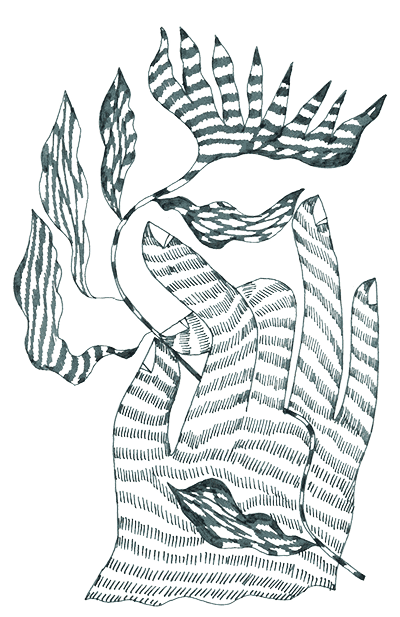
All groups that are aligned with FRIDA’s criteria are part of the voting process. Generally, every cycle up to 500 of the approximately 1,000 proposals we receive fit the criteria and are part of the applicant voting process. Once the Peer Review Panel confirms that groups fit FRIDA funding criteria, the grantmaking staff designs the voting process.
This process is designed differently in each region, based on the feedback from previous cycles, advisory comments, and regional
strategies that the FRIDA community has created to deepen the understanding of the young feminist organizing in each context.
FRIDA strives for a process that can hold complexities and respond to the needs and challenges that groups might be facing. For instance, the voting can be organized sub-regionally taking into consideration thematics, geopolitics, language justice, and access.
We also consider the fact that some groups have more experience and access to submit their proposal to FRIDA, so we take this into
consideration when creating voting groups.
FRIDA grantmaking staff create voting groups within the online platform for each region. After the voting groups are designed, the application summaries from applicants’ proposals are automatically generated and assigned to their respective voting groups in each region.
Each region has up to 20 voting groups each containing up to 15 voting summaries. The voting summaries are anonymized and consist of responses to the following questions:
- Why and how was your group founded?
- What is your group’s mission?
- Share the main activities your group has carried out in the past.
- If you are just starting, what are the main activities you have planned?
- How will your group use the frida grant?
The groups also receive an email with a timeline, Voting Guidelines,and a video guide on how to review proposals on the online platform in the language they applied in. We share information about the groups that FRIDA is currently supporting and encourage groups to have language access in mind when voting –not every group can present their work with the same language proficiency, so groups should more strongly consider the work and communities that they feel are important to be supported in their context, rather than eloquence of language.
The groups are again reminded that they are participating in a peer review process where their anonymized proposal summary will be shared with other young feminist organizations in their region. The groups have an opportunity to communicate with FRIDA any concerns they might have about the process or to let us know if they won’t be able to take part for any reason.
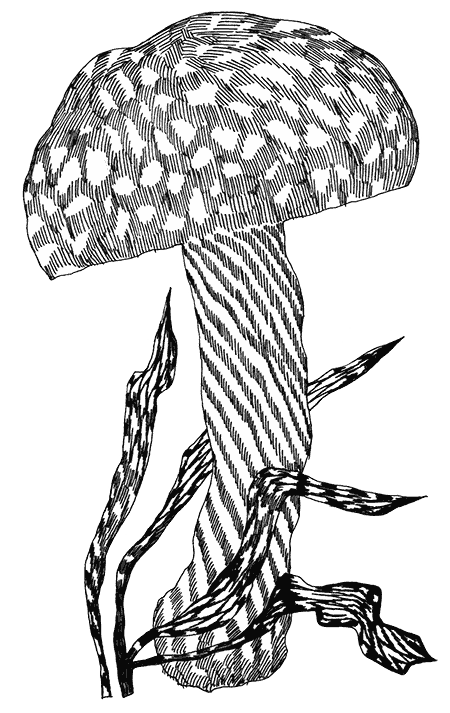
How can applicants submit their votes?
In the voting stage, applicants read anonymous proposal summaries assigned to their voting group and can choose to vote for five groups88 In each region voting groups can have from 10 to 15 proposal summaries for applicants to read and vote for.
Applicants can only vote within their voting group and they need to vote for upto 5 proposals..
The voting is not hierarchical and the applicants can’t vote for their own group. When voting, the young feminist groups share a brief background for their selections and why they would prioritize funding for the work of the groups they vote for. They can also share any questions, concerns, or comments about any of the proposals in their Voting Group to add to the due diligence process in case that specific group receives a high number of votes and is considered for funding. The applicants can also express interest in connecting with any of the groups that have been part of their voting group. We also ask the groups if they would like to be connected to other donors in case their proposal is not selected.
Step 4 — Final decision and grantee announcement
After groups submit their votes, the Peer Review Panel and FRIDA’s program staff review the voting results in their respective regions.
There is a conversation within the Panel in each region about how groups have voted, their voting feedback, and any dynamics that might have arisen in this process – for instance, how underrepresented groups and those with little or no access to funding are reflected in the votes. At this stage, the Peer Review Panel comes together online to discuss the results and confirms that the groups with the highest number of votes can continue into the due diligence stage. The panelist can also identify and share any potential bias or contextual dynamics that have occurred during the voting and make decisions on how to move forward with the final votes. If some groups have the same number of votes and only one can be awarded, the Peer Review Panel makes this decision based on previously applied analyses from the voting process, FRIDA’s regional strategies, and evaluation from the previous grantmaking cycle.
In case the Peer Review Panel reports any gaps in the voting process or groups that come from underrepresented priority communities have not received high vote counts, the Peer Review Panel in each region can collectively make a decision to move that group to the due diligence stage along with the highest voted ones. The applicant votes are prioritized in the decision-making process, however, the Peer Review panel can award additional grants in each region.
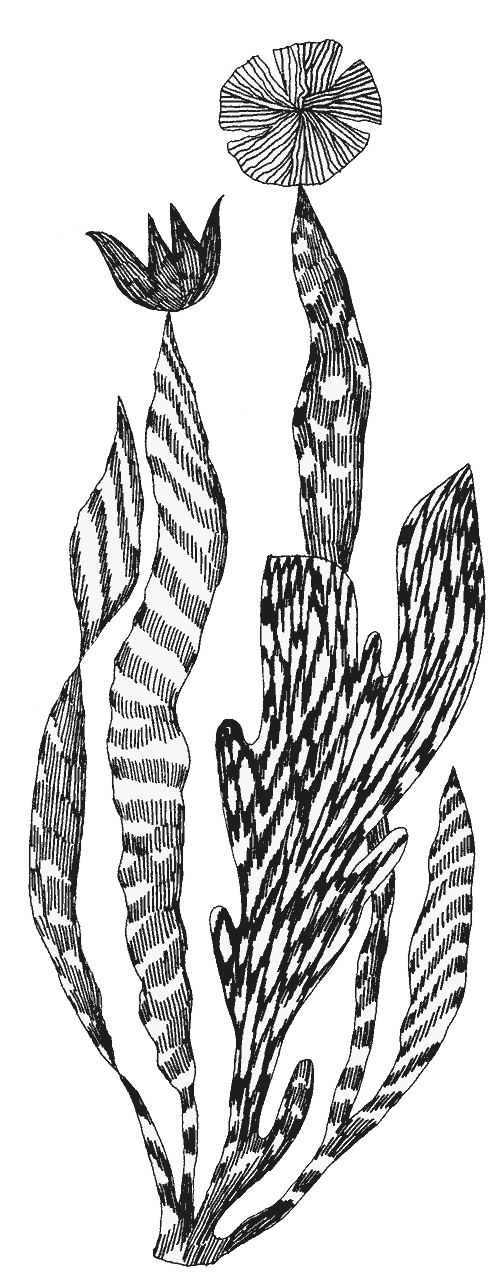
How many groups can receive a grant?
FRIDA shares with the community the number of groups that are participating in the voting process in their region, the number of
Voting Groups, and the number of grants that are allocated to each region and sub-region. We ensure that there is a regional balance in grant and budget allocation. Understanding the imbalance in philanthropic giving and funding commitments across different regions, FRIDA’s regional strategy points out the gaps and underfunded contexts and thematics in individual regions and FRIDA can allocate a higher number of grants in those contexts.
Usually in each region there are about 10 Voting Groups, each receiving up to 15 proposals to review. Depending on the number of Voting Groups, at least one group from each Voting Group goes on to receive grant9The grants awarded can go up to 4 per each voting group..
How do we confirm if the highest voted
groups fit FRIDA’s funding criteria?
All groups considered for a grant go through a due diligence process that takes two weeks or longer. The due diligence process is done
by FRIDA staff and it is as part of FRIDA’s accountability towards all the young feminist organizers that are part of the voting process.
FRIDA needs to ensure that funds are supporting the organizing and work of young feminist groups selected through the peer review process. FRIDA is committed to funding young feminist groups that are self-led so we get in touch with groups to receive more information.
Reference Request
We inform the highest voted group that we will contact the references they provided in their application. We understand that many groups are newly established and can’t provide references from previous funders, so we also ask them to provide references of individuals and/or organizations connected to feminist organizing in their context that can share more about their work.
Local Partners
Advisory committee members and FRIDA staff can also contact local partners or sister funds to collect more information about the group.
Calls with Groups
In some cases, we have a call with a group to better understand their work, structure, and leadership.
What happens after a group is selected to receive a grant?
Once the due diligence process is complete, all awarded groups receive an email again explaining the process of how their grant is selected and are invited to share any notes of love, solidarity, and appreciation with the groups that voted for them.
The groups that were not selected in this cycle receive an email with a list of the groups that were awarded in their voting group and we share other potential funding opportunities. When there is a possibility to be funded by some FRIDA’s partners we ask the groups to share their application with other funds. At the moment, we are also building a system that would facilitate connection among the groups that have expressed that they would like to be connected with the young feminist collectives from their voting group.